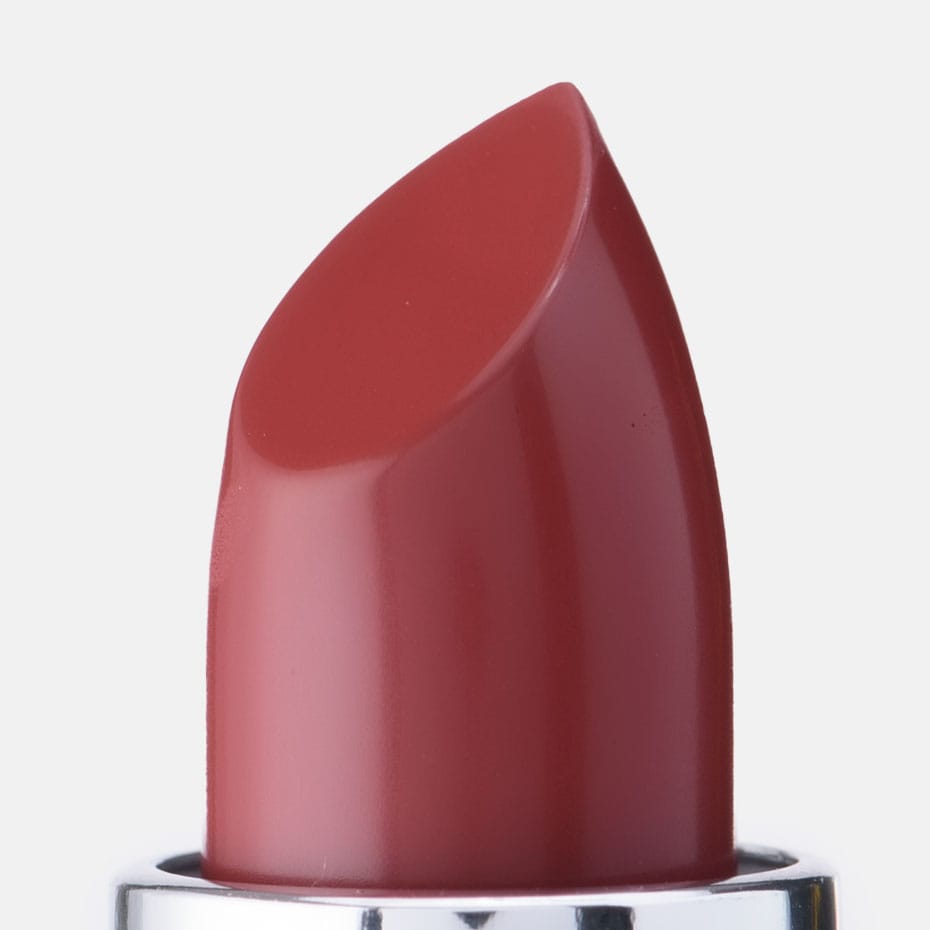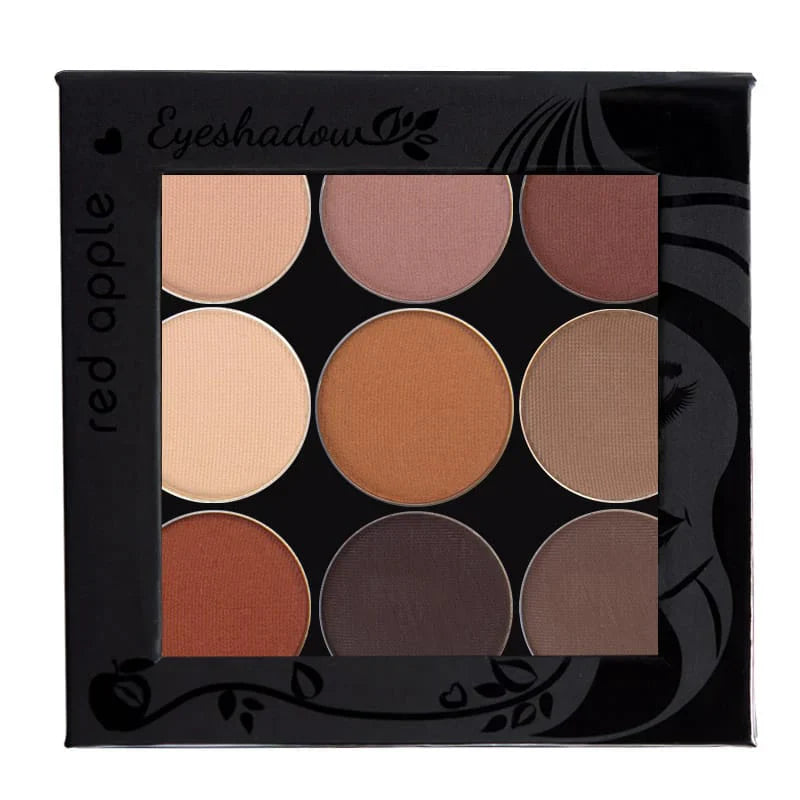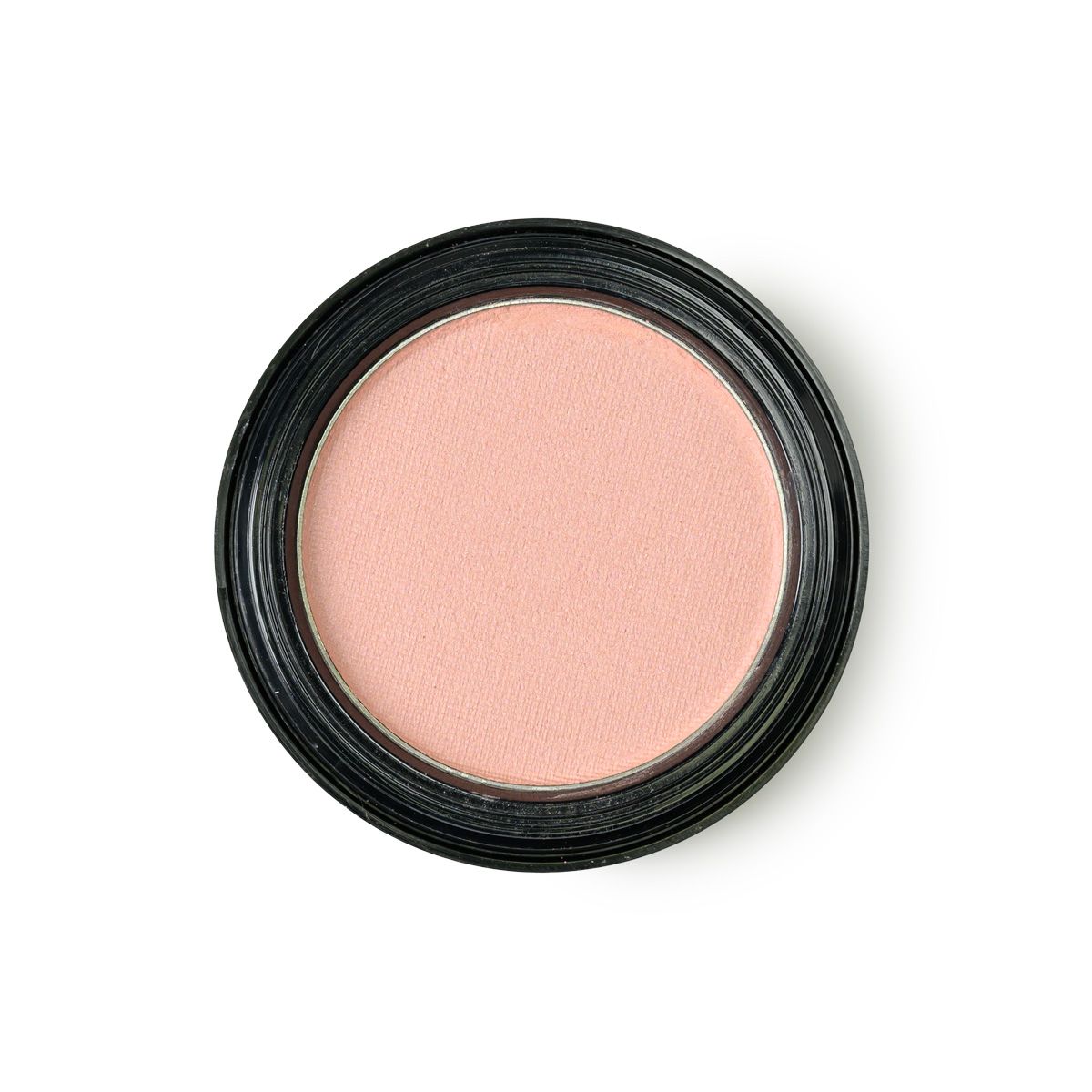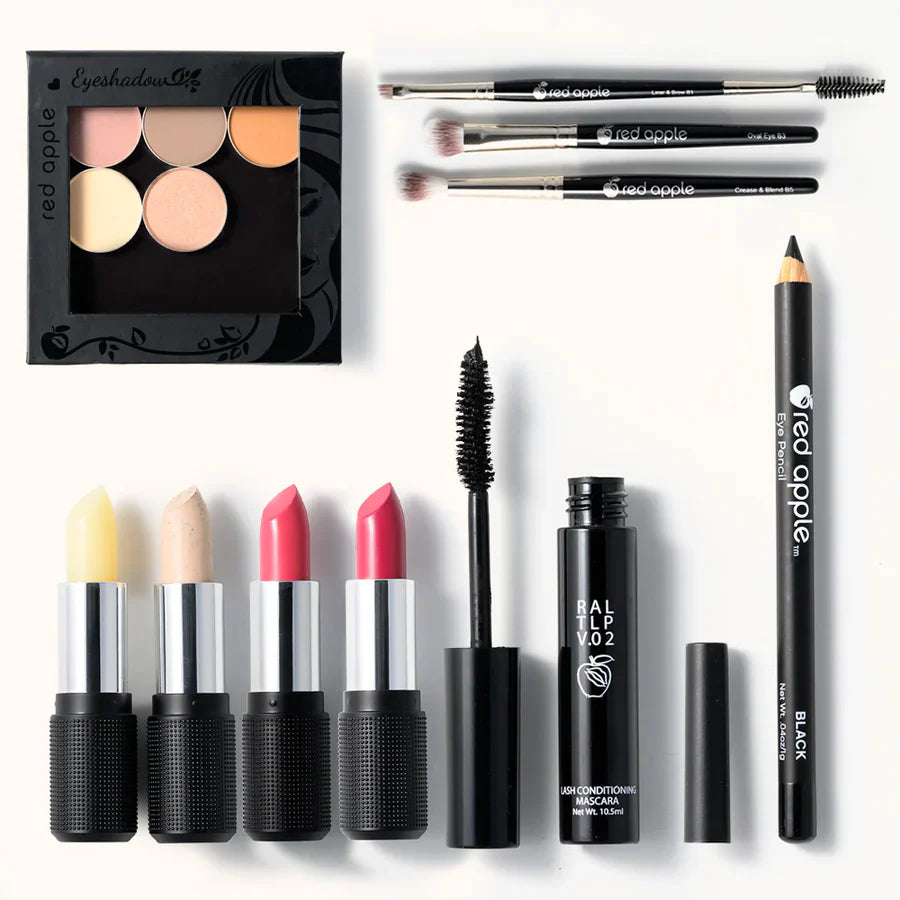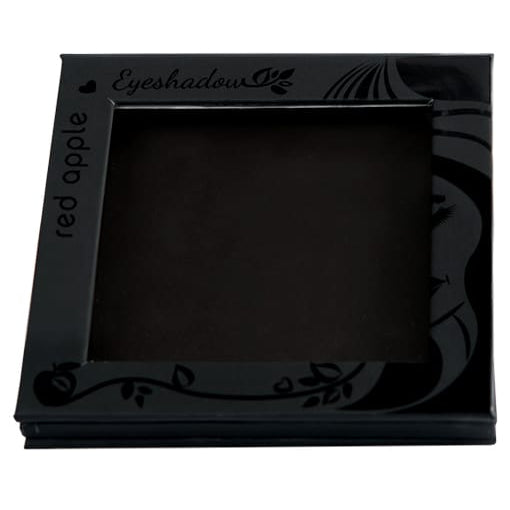Eye makeup can transform your look—enhancing beauty, hiding flaws, and making your eyes pop. But what happens when the eye makeup you’ve loved for years suddenly triggers an allergic reaction to eye makeup? Itchy eyes, redness, and watery discomfort can ruin your day and your vibe. If you’re wondering why this is happening out of nowhere, you’re not alone. Let’s dive into the surprising causes, the science behind those itchy eyes, and how you can reclaim your beauty routine. Curious yet? Keep reading to uncover the mystery—and hear from real people who’ve been there!
Can You Suddenly Develop an Allergic Reaction to Eye Makeup?
Dermatologists say, “Absolutely, yes!” That trusty eye makeup you’ve used for years might now be the culprit behind an allergic reaction to eye makeup, leaving you with puffiness, redness, and annoying mid-day itchy eyes. But is it really an allergy—or just irritation? Yep, there’s a difference, and it’s worth knowing.
Reclaim your beauty routine with eye makeup that won’t betray you.
An allergy, like an allergic reaction to eye makeup, often sneaks up over time. With repeated exposure, your skin quietly battles irritating ingredients. At first, you might not notice. Then, one day, bam—your skin waves the white flag, and you’re left with redness and itching. Suddenly, you’re allergic to something you’ve used forever. Sound familiar?
Irritation hits fast and hard. It could happen when you use a new eye makeup product, and if it’s a mismatch for your skin, you’ll know right away—think instant discomfort. Or it could happen after repeated use of a product you've used for some time.
If the irritation occurs in a brand you've used for some time, it could be the brand tweaked their formula, changed ingredient suppliers, or altered the product in some other way. Or it could also be this: simply your body changed in how it treats that product.
If you’ve got sensitive skin, you’ve probably felt this with multiple brands. Eye makeup stands out because it touches the most delicate spot on your face: your eyelids.
So, what’s this mystery condition called? It’s allergic dermatitis (or contact dermatitis), and it can worsen with age as your skin tires of the fight. Picture dry, itchy, scaly patches right where you applied that eyeshadow. Want to know what’s sparking this reaction? Let’s break it down next.
What Causes an Allergic Reaction to Eye Makeup? Why The Itchy Eyes?

Here’s the science made simple: An allergic reaction to eye makeup starts when your eyelids meet an allergen—and conventional eyeshadows are packed with them.
First contact: Your skin meets an irritating ingredient. Your body’s “memory cells” take note, getting sensitized without much fuss.
Later: You swipe on that makeup again, and those cells kick into gear, releasing tiny warriors called cytokines (think of them as your skin’s alarm bells).
The result? Redness, itching, and puffiness—an all-out allergic reaction to eye makeup.
The more you use the offending product, the worse it gets. More cytokines, bigger reactions, and suddenly you’re sidelined from eye makeup altogether.
Reddit user u/soup_pickle felt this firsthand: “Acute reactions like swelling of the eyes point to an allergy, especially if it’s consistently happening with eyeshadows.”
Explore our hypo-allergenic eyeshadows - your eyes deserve it.
Can Eyeshadow Trigger an Allergic Reaction to Eye Makeup?
Your eyelids are super-sensitive—designed to shield your eyes from toxins. So when an allergic reaction to eye makeup hits, it’s no surprise it’s often tied to eyeshadow. The real culprits? Cheap fillers and irritants hiding in the formula.
To cut costs, brands load eyeshadow with talc (yep, talcum powder—hydrous magnesium silicate). It’s often the top ingredient listed! Then come the toxic add-ins: Talcum powder, hydrous magnesium silicate, Parabens, Aluminum (cheap colorant), and Triclosan (similar to paraben), dimethicone and others.
These ingredients turn your eyelids into a battleground, killing off skin cells in the crossfire. No wonder your eyes are itchy! “I’m allergic to something (not sure what) that is used in my eye shadows. Makes my eyelids red, watery, and sore to the touch,” said Reddit user u/Anonymous, echoing a common struggle.
Ready to ditch the culprits and find relief? Keep scrolling.
How Do You Treat an Allergic Reaction to Eye Makeup?

Caught in the throes of an allergic reaction to eye makeup? Here’s how to fight back—though if it feels severe, call your eye doctor or primary care provider ASAP.
We’re not medical pros, so always check with yours before acting.
- Stop Using the Makeup For A Beat: I know—it’s brutal tossing that pricey palette. Try returning it—most stores refund for strong allergic reactions. If they don’t, they’re not worth your cash. Curious about our 6-month open-container return policy? Click here to see it!
- Give Your Eyes a Break: Skip all eye makeup—even your go-to faves—until the itching and redness fade. That means no night creams or foundation near your eyes either. Let your skin heal.
- Skip the Hydrocortisone: While some doctors recommend OTC hydrocortisone creams, using these around the eye area can be dangerous. Check with your doctor before running to the drug store.
- Try Natural Soothers: Calendula and aloe have anti-inflammatory powers. This website lists gentle, natural products to calm allergic reactions to eye makeup.
- Clean Your Brushes: Obvious, right? Scrub any tools that touched the offending makeup to stop the allergen from sneaking back.

How to Avoid an Allergic Reaction to Eye Makeup with Hypoallergenic Options
Imagine wearing eyeshadow all day without itchy eyes—sound like a dream? At Red Apple, we’ve made it real for countless customers who thought they’d never wear eye makeup again. Here’s why our hypoallergenic eyeshadows don’t trigger allergic reactions to eye makeup.
We keep it clean and simple:
- No Junk: Zero talc, parabens, dimethicone, gluten, mineral oil, fragrance, phthalates or fillers.
- Tiny Ingredients List: Fewer ingredients means less risk. We use non-nano mineral pigments that play nice with 99% of users.
- Ethical Wins: Humanely-mined Mica, natural silica, vegan and cruetly-free - no palm oil, no animal testing, leaping bunny certified.
Truly hypoallergenic eye shadows are a dream come true to many hesitant-at-first customers, who have tried every eyeshadow under the sun without being able to wear them. Our goal has and will always be to make makeup with the highest quality ingredients so that everyone can enjoy wearing makeup again.
From an itchy eye perspective - we don't use any eye shadow ingredients that are known to be irritating to the eyes. Using very few ingredients allows us to make a cleaner product. An eye shadow that we are confident will work with 99% of people.
Investing in high quality products to put on your face (especially your eyes) is a worthwhile endeavor not only for your current health but for your future self (so no allergies develop over time).
The result? Just silky, velvety. vibrant eyeshadow with beautiful pigment that lasts all day without making your eyes itchy.

